In Dungeons & Dragons, a character’s skill proficiencies can define where a character excels outside of combat and can make or break how a character may fare in a given situation. The ability to add a character’s proficiency modifier can help a character more reliably succeed at a certain type of check, such as a ranger with proficiency in Survival being adept at traversing the wilderness.

Related
However, simply being proficient in a skill still leaves room for error. For those looking to be a master of a certain type of skill, there’s Expertise. As Expertise is an incredibly useful trait for any character to have, we’re going to explore everything you need to know about it, from what it does to how to gain it.
Updated on February 10, 2025 by Jack Filsinger: With the release of the 2024 Player’s Handbook, there have been some minor adjustments made to the way Expertise works in DND. We’ve updated this guide to break down these changes to Expertise in 5e and how to get Expertise for your character.
How Has Expertise Changed In The 2024 PHB?
Expertise’s core principles have remained largely the same in the 2024 Player’s Handbook. However, there are a few key distinctions that have shifted.
- New Feats Can Grant Expertise – There are additional feats that can now grant players Expertise, even if their class does not offer them this feature.
- When Classes Gain Expertise – The levels at which certain classes gain Expertise have shifted, as well as which classes have access to this feature. These changes are detailed below more specifically.
What Is Expertise?
While straightforward, Expertise is an incredibly useful feature that can benefit any character in D&D, especially those players looking to be incredibly skilled within a specific area.
Normally, if a character is proficient in a given skill, they simply add their proficiency bonus in addition to the ability score modifier when making a given skill check.
For reference, a character has a proficiency bonus determined by their level which can be seen here:
|
Character Level |
Proficiency Bonus |
|---|---|
|
Level 1-4 |
+2 |
|
Level 5-8 |
+3 |
|
Level 9-12 |
+4 |
|
Level 13-16 |
+5 |
|
Level 17-20 |
+6 |
However, if a character gains Expertise in a skill, that character doubles their proficiency bonus any time they make a skill check of the corresponding type.
Expertise cannot stack. You cannot apply Expertise to a given skill more than once.
Expertise is applied to a given skill, not an ability score, and only applies to that type of skill check, not all rolls that would use a given ability score.
As an example, a character with Expertise in Intimidation can add this sizable bonus to Intimidation checks, but not other types of Charisma checks like Performance or Persuasion checks.
Expertise can allow even level-five characters to potentially roll a total of 30 on a given skill check, while higher-level characters with expertise can feasibly exceed a total of 30.
For reference, a character with expertise would add the following bonus to applicable skill checks based on their level:
|
Character Level |
Expertise Modifier |
|---|---|
|
Level 1-4 |
+4 |
|
Level 5-8 |
+6 |
|
Level 9-12 |
+8 |
|
Level 13-16 |
+10 |
|
Level 17-20 |
+12 |
What Classes Can Normally Gain Expertise?
The most accessible way for characters to obtain expertise is to play certain classes. There are five classes that can automatically gain Expertise: artificer, bard, ranger, rogue, and wizard.
Here’s a breakdown of how each of these classes gain Expertise.
|
Class |
Expertise Level(s) |
Details |
|---|---|---|
|
Artificer |
6th |
Artificers gain Expertise with any tools that they are already proficient with. |
|
Bard |
2nd, 9th |
Bards gain Expertise in two skill proficiencies of their choice at second and ninth levels. |
|
Ranger |
2nd, 9th |
Rangers gain Expertise in one skill proficiency at level two, and two at level nine. |
|
Rogue |
1st, 6th |
Rogues gain Expertise in two skill proficiencies of their choice at first and sixth levels. |
|
Wizard |
2nd |
Wizards may choose to give themselves Expertise in either Arcana, History, Investigation, Medicine, Nature, or Religion, provided they are already proficient. |
As rogues are capable of gaining expertise at level one, even if a character isn’t primarily planning on playing as a rogue, a one-level multi-class dip into this class can provide a character with Expertise.
What Feats Can Grant Expertise?
For those that don’t feel like playing as any of the above classes, and don’t like the idea of multiclassing, the easiest surefire way to gain Expertise is through a feat.
Here is a breakdown of what feats can grant Expertise.
|
Feat |
Prerequisite(s) |
Details |
|---|---|---|
|
Keen Mind |
|
You can gain Expertise in either Arcana, History, Investigation, Nature, or Religion, provided you already have proficiency in said skill. |
|
Observant |
|
You can gain Expertise in either Insight, Investigation, or Perception provided you already have proficiency in it. |
|
Skill Expert |
Choose any one skill you have proficiency in and gain Expertise in it. |
|
|
Boon Of Skill |
Choose any one skill you have proficiency in and gain Expertise in it. |
All of the above feats also have additional benefits beyond just Expertise. Refer to Chapter Five of the 2024 Player’s Handbook to see the full feat descriptions in detail.
How Expertise Can Impact Combat
While the vast majority of skill proficiencies are primarily used outside of combat, Expertise in certain skills can help characters utilize certain skills in combat.
First and foremost, as the Hide action requires a character to make a Stealth check, Expertise in Stealth is a common choice for rogues looking to make the most out of their Cunning Action feature.
Additionally, as a character must make an opposed Athletics check to grapple another creature, for those looking to utilize a grapple-focused build, Expertise in Athletics can help a character more reliably ensnare their foes.
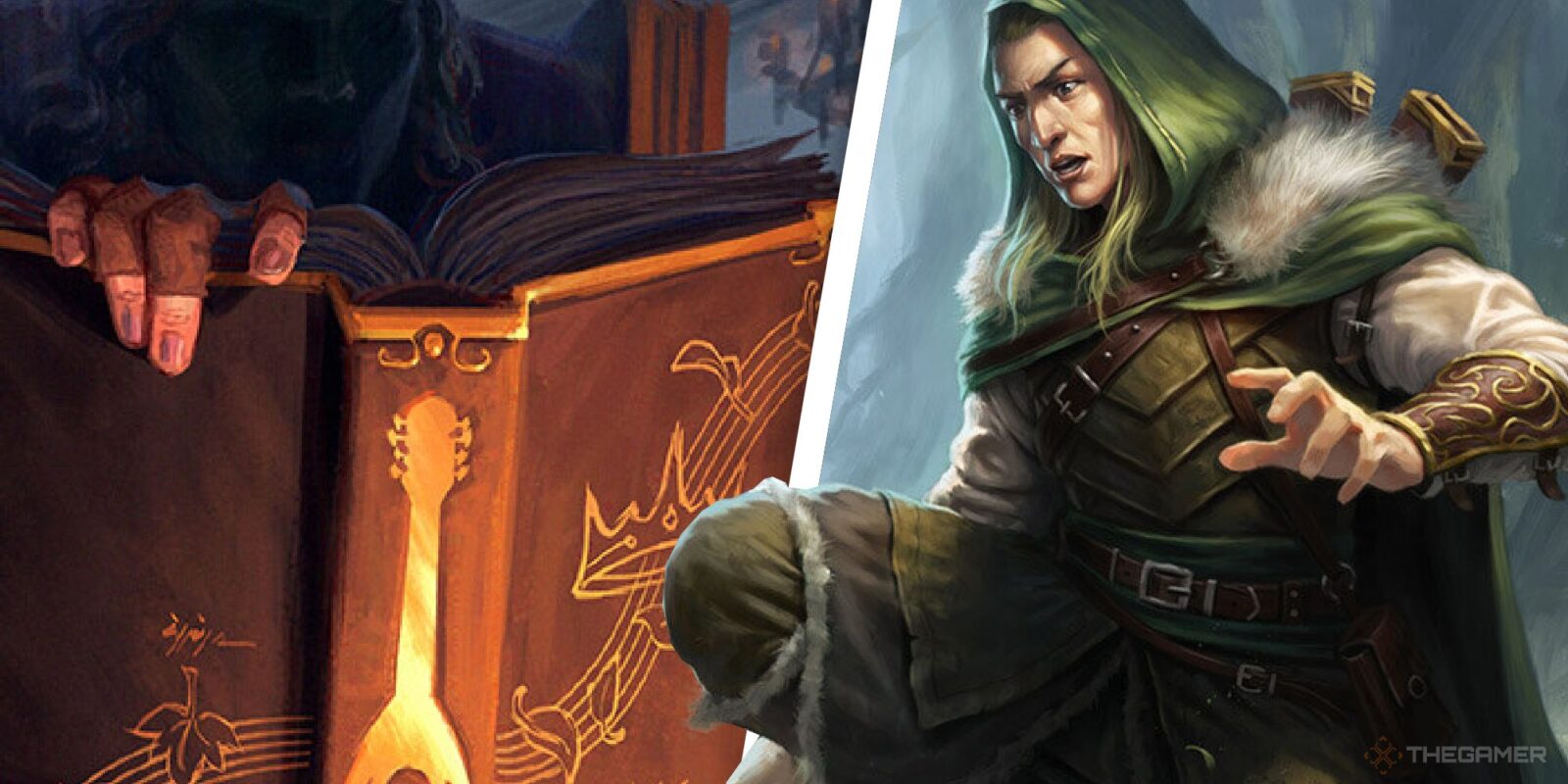


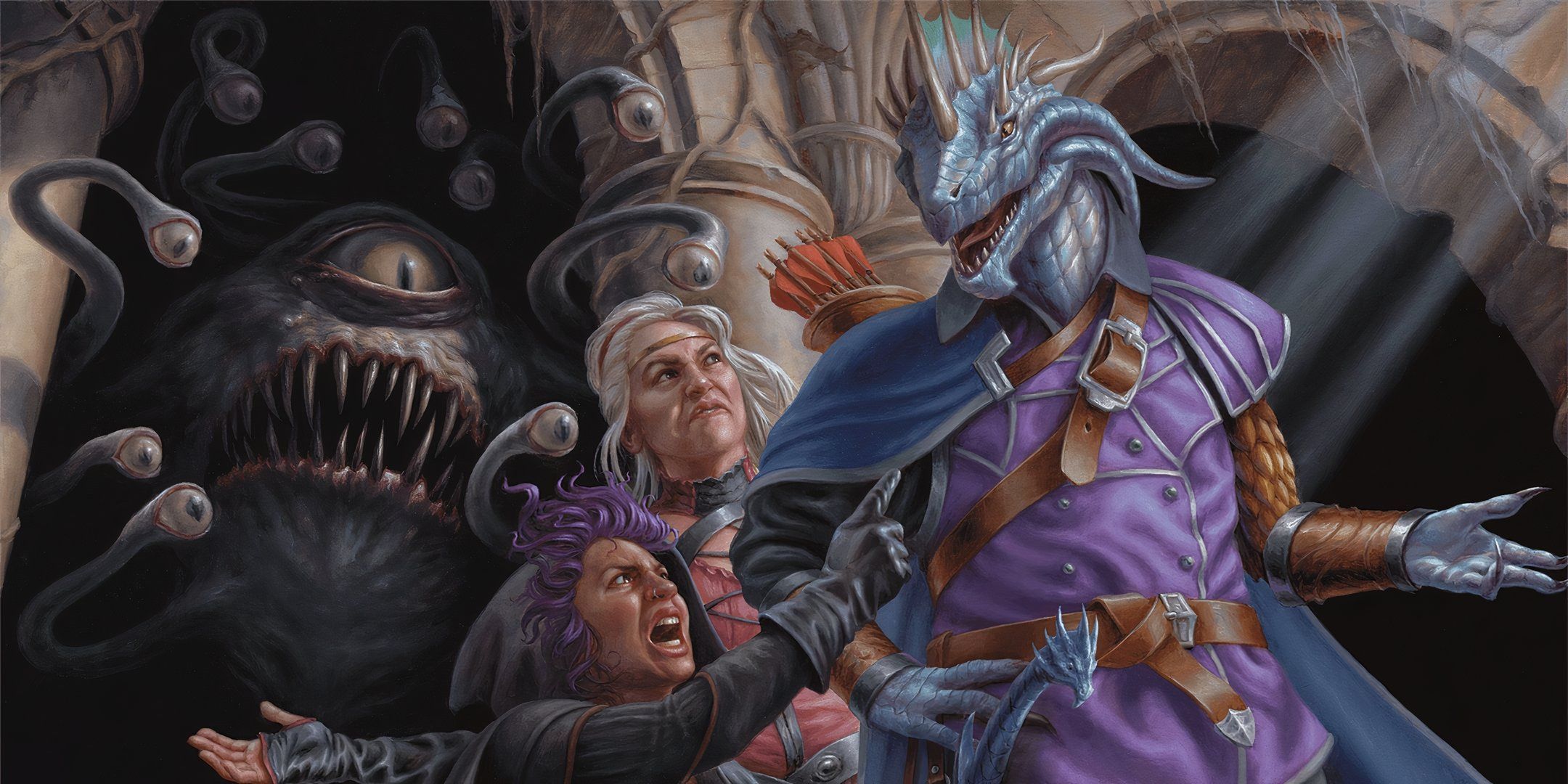
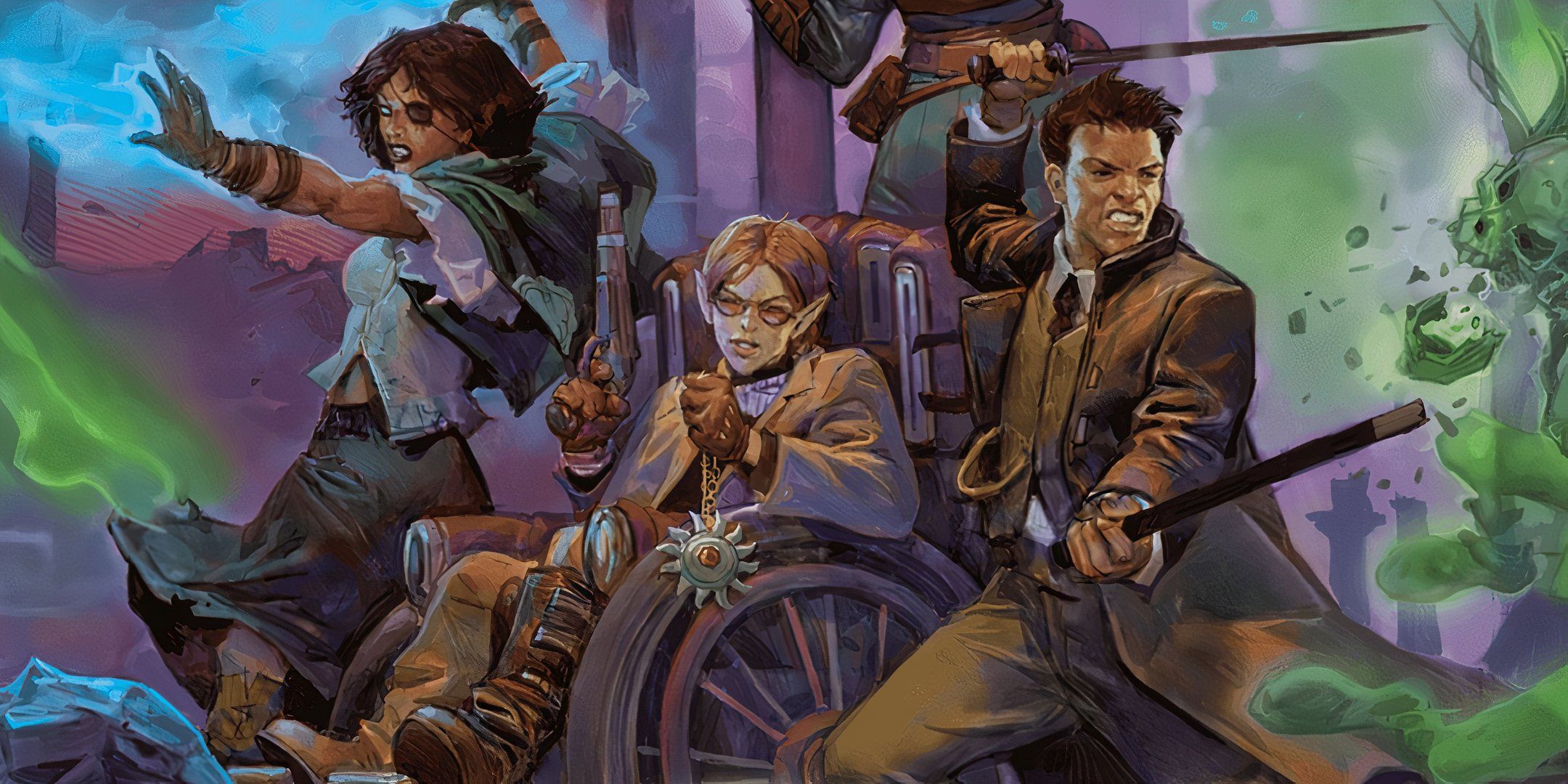
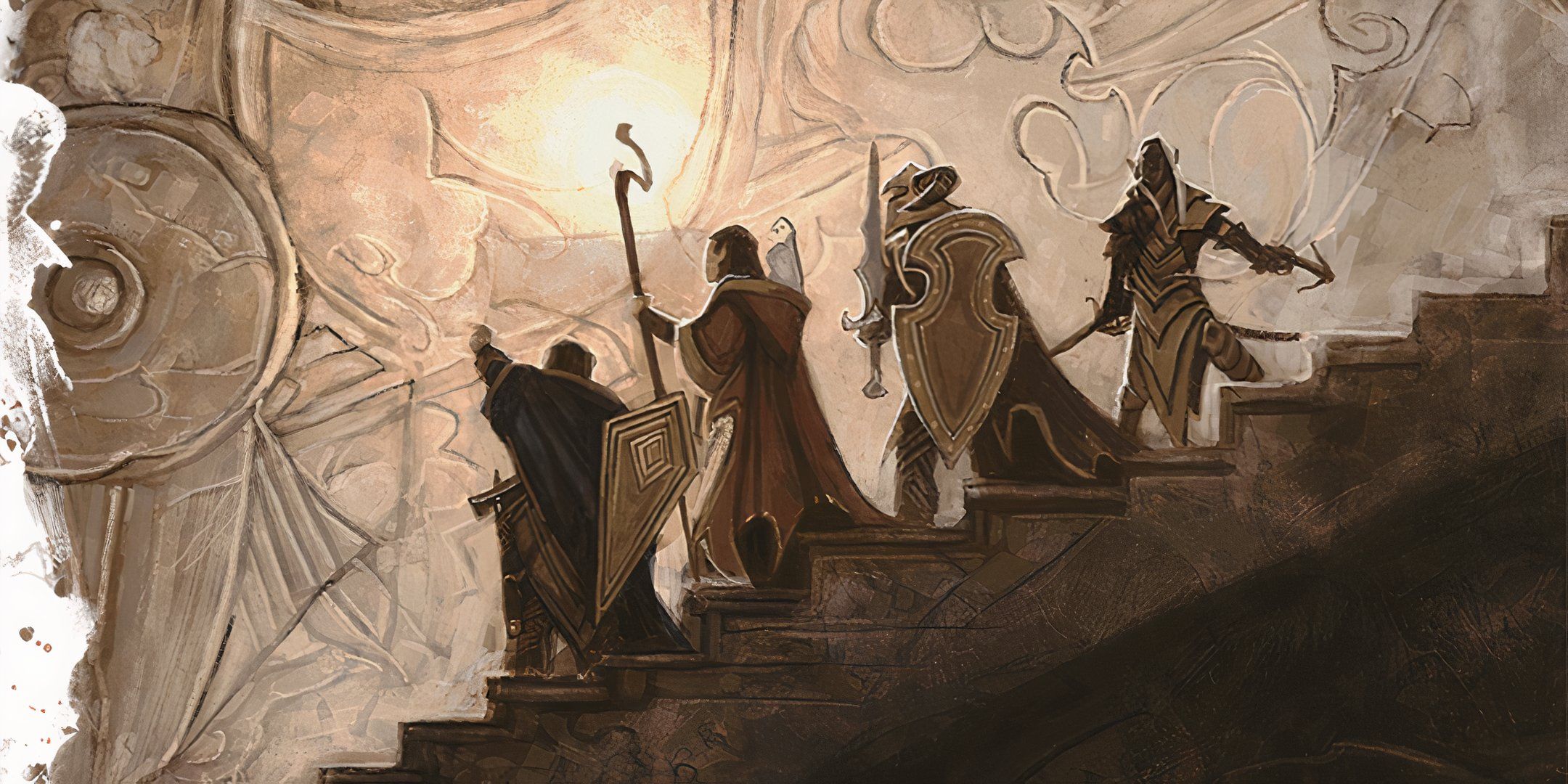
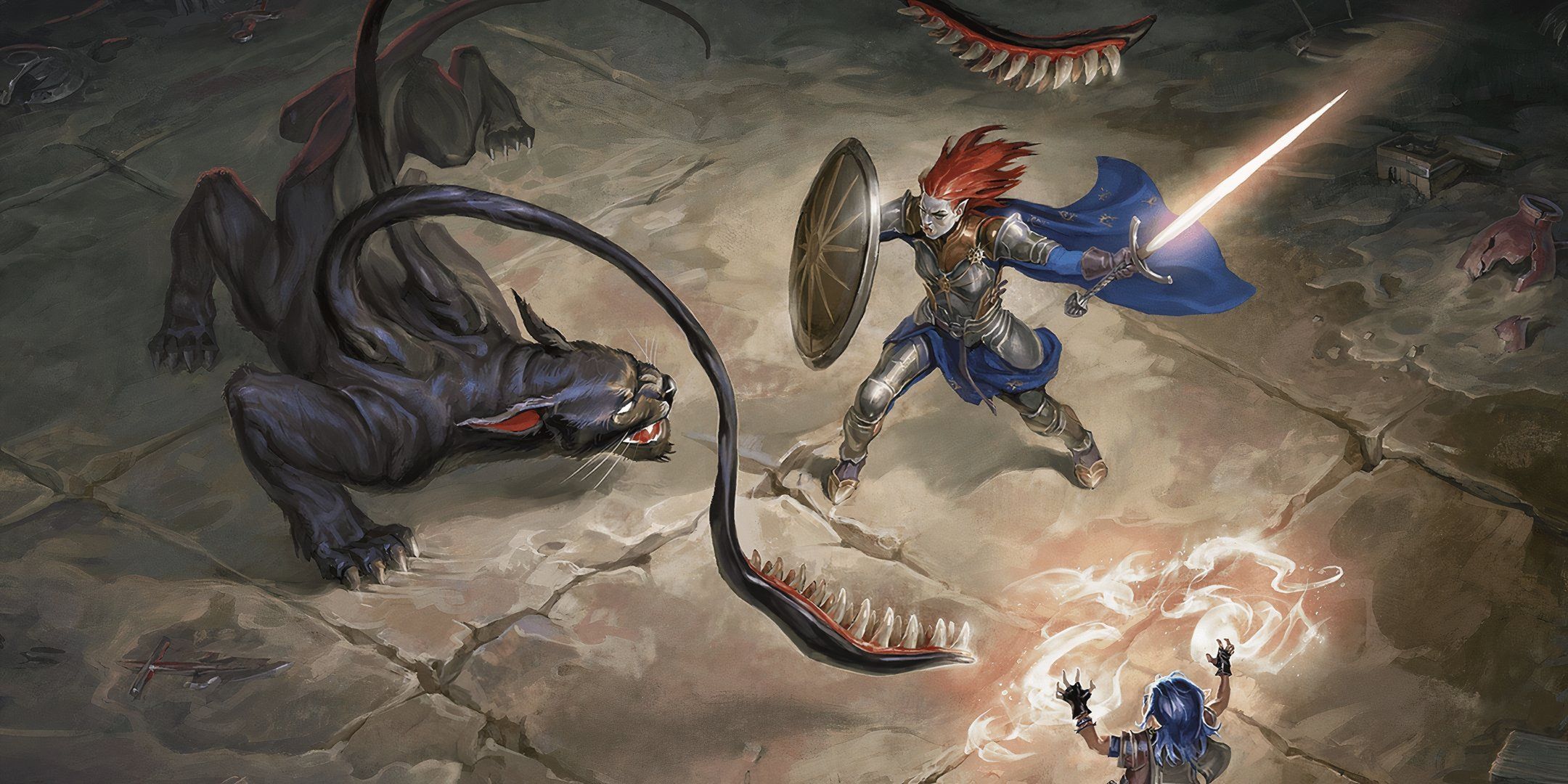
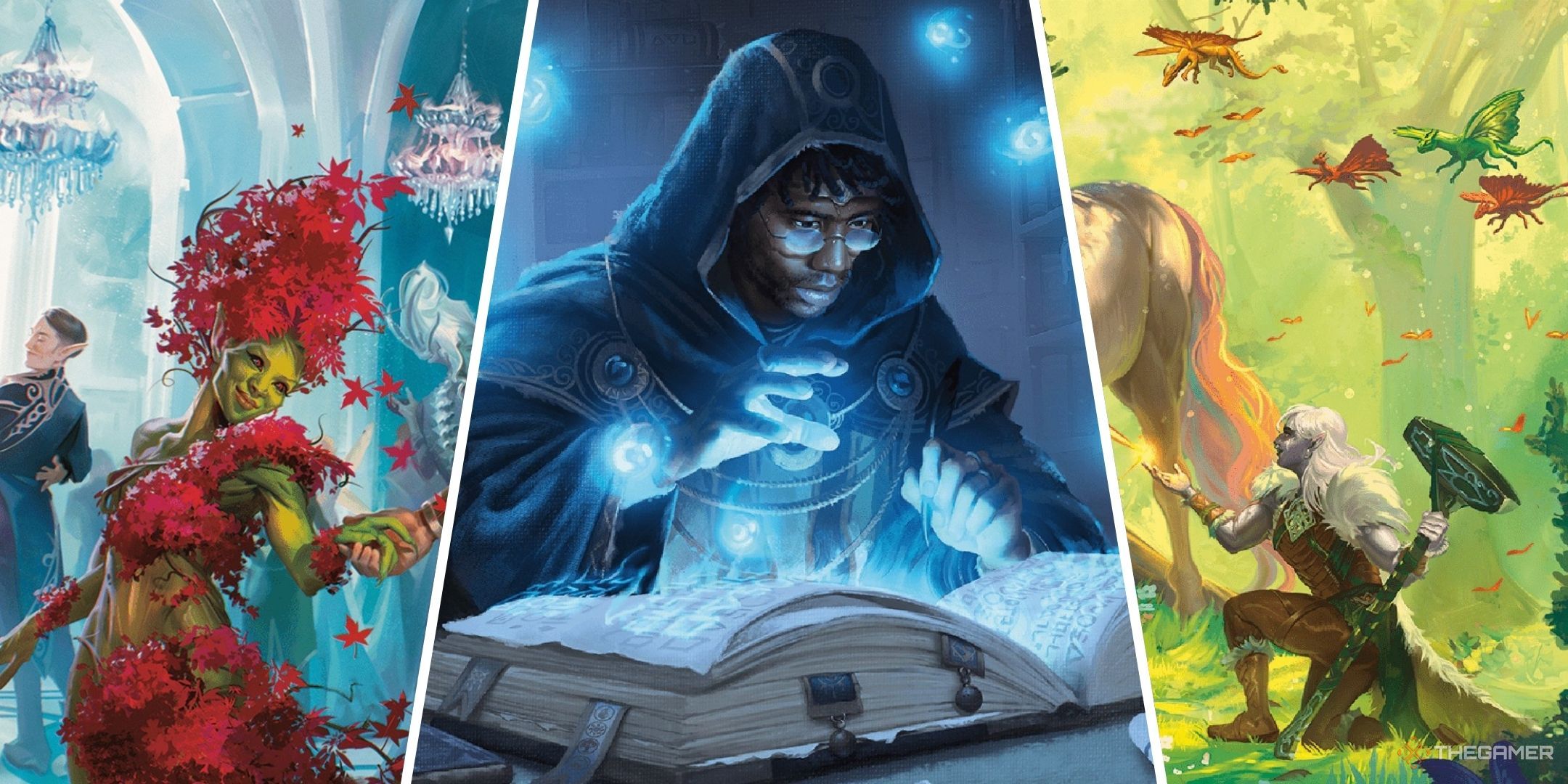










Leave a Reply